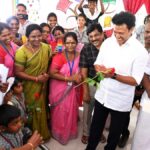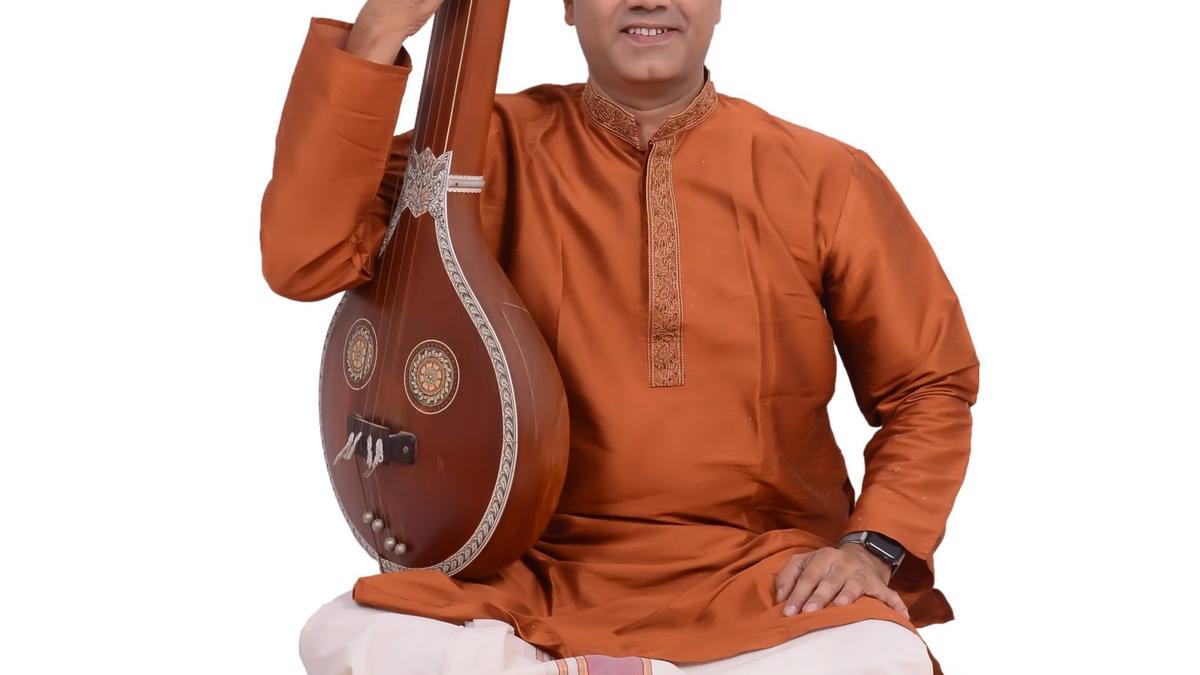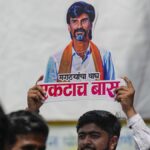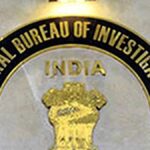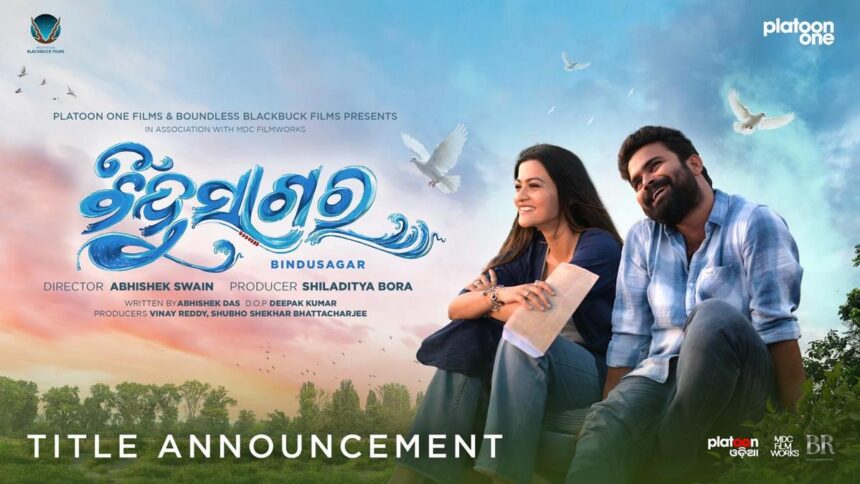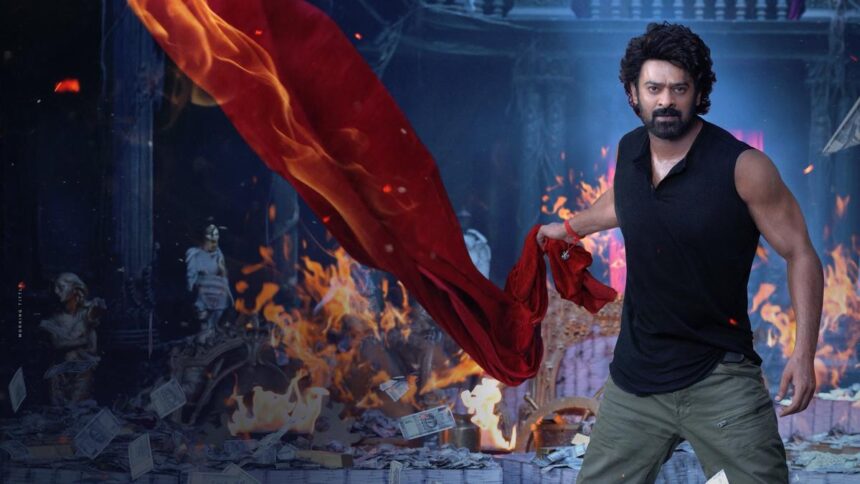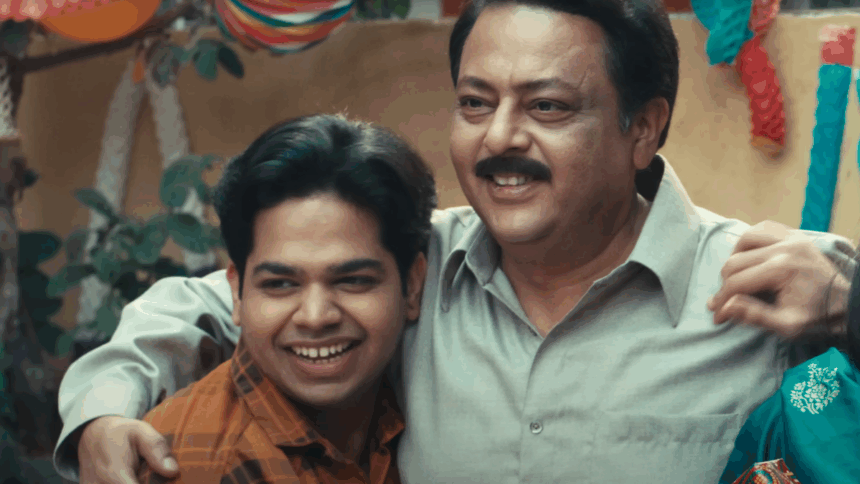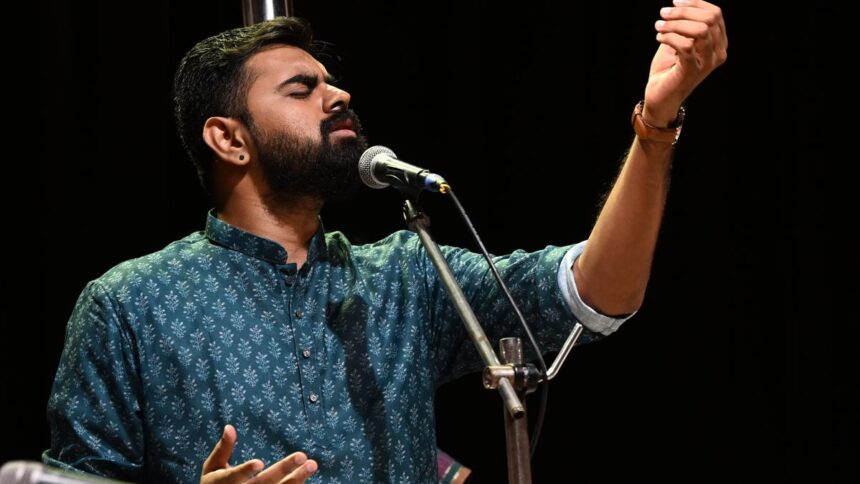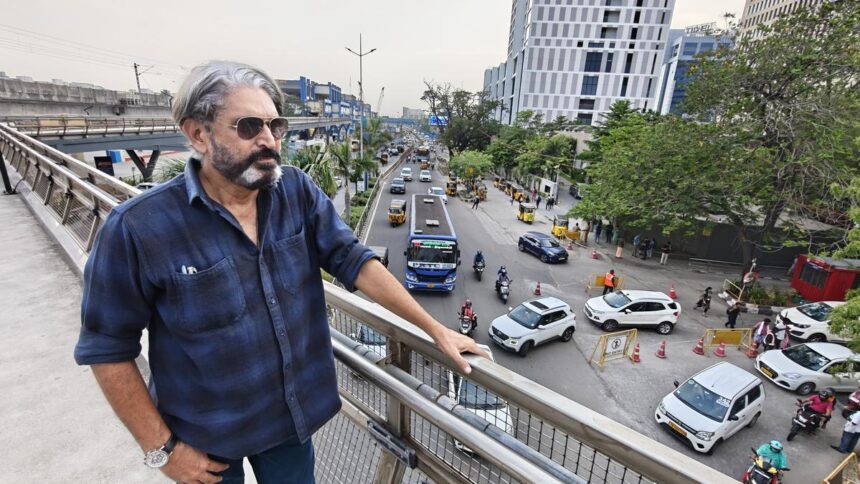
Delhi P. Sunderrajan
| Photo Credit: Special Arrangement
Delhi P. Sunderrajan displayed his command over Sanskrit compositions at a vocal concert organised by The Music Academy, at the Kasturi Srinivasan Hall. M.R. Gopinath on the violin and Shertalai R. Ananthakrishnan on the mridangam were the accompanists. The concert was organised under the endowment instituted by Engikollai Dr. C. Krishnan in memory of Chidambara Ganapatigal and Meenakshi Chidambaram.
While Muthuswami Dikshitar comes to mind when we think of Sanskrit kritis, Sunderrajan presented the works of other composers as well: Maha Vaidhyanatha Iyer, Annamacharya, Tyagaraja, Narayana Tirtha, and Oottukkadu Venkata Subbaiyer. Some compositions, infused with rich verses had sollukattus, while others were adorned with chittaswara passages.
The concert began with a riveting Janaranjani kriti ‘Pahimam sri rajarajeswari’ (Maha Vaidyanatha Iyer). Sunderrajan introduced a shloka before this and rounded it off with kalpanaswara. Next, Sunderrajan rendered ‘Deva devam bhaje’ (Hindolam, Annamacharya). He spearheaded the warm up with Pantuvarali raga alapana before the kriti ‘Shambho mahadeva’, (Pantuvarali also known as Kamavardini, Thyagaraja). Swaraprastara was used to embellish, ‘Paramadayakara mrgadhara . . . ,’ in the charanam section of this song.
His singing gained traction with a well-rounded Thodi alapana before the central piece ‘Sri krishnam bhaja manasa’ (Muthuswami Dikshitar). The kalpanaswara was at ‘Shanka chakra gada padma vanamalam.’ The audience soaked in the imagery of Krishna that Dikshitar builds in this kriti. The violinist too came up with a fitting response.
Next was the tani avartanam by Shertalai Ananthakrishnan. Sunderrajan concluded the recital with ‘Madhava maamava,’ (Nilambari, Narayana Tirtha) and ‘Maithreem bhajatha.’
After the concert, listeners were heard humming the kritis ‘Natavara taruni’ (Kannadagowla, by Oottukkadu Venkata Subbaiyer) and ‘Shambho mahadeva’ in raga Pantuvarali (Thyagaraja) rendered earlier.
Published – September 02, 2025 04:51 pm IST





